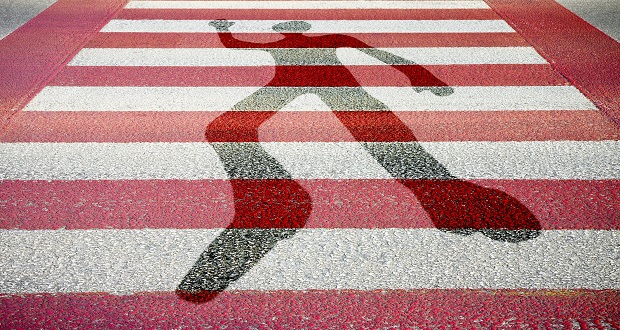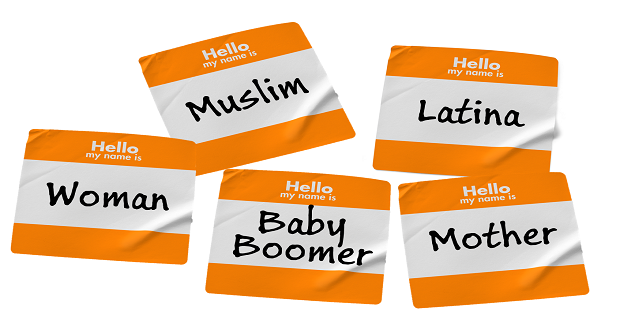
Are you black? Are you about to cross a street? Hold on, wait!
Actually, you may have no choice but to wait. A new study reveals that drivers are less likely to stop for black pedestrians at crosswalks. According to researchers at the University of Arizona and Oregon’s Portland State University, when six similarly dressed black and white men attempted to cross a street, guess who ended up waiting 32 percent longer for vehicles to yield. And guess which group was twice as likely as the other to be passed by multiple cars.
The analysis is obviously based on a very small group, but its findings are nonetheless troubling. Firstly, it implies that, as annoying as it is to wait to cross a street, it may also be deadlier to do so for black people if cars aren’t as willing to stop. Indeed, black and Latino pedestrians are twice as likely as white men to die in traffic accidents, according to University of Arizona professor Arlie Adkins, who co-wrote the report.
Perhaps worse, the researchers point out that drivers aren’t “overtly racist” but act on “subconscious biases.” In other words, it’s not that people see a black individual and decide to speed by. It’s that people don’t see the black person to begin with. The same phenomenon has shown up in research that shows teachers overlooking minority students or doctors treating black stroke victims differently. And you can easily Google studies that show that companies are likelier to hire John Smith than they are Shaniqua Jones.
“Drivers were clearly displaying behaviors consistent with implicit racial bias,” Adkins said at atlantablackstar.com. “We were surprised at just how stark the difference was.”
“These subtle forms of stereotyping are pervasive across society, and the majority of Americans hold some level of subconscious bias or association just by growing up in this culture,” added fellow Portland State researcher Kimberly Kahn.
Such implicit bias is tough to combat—after all, it’s hard to get people to address a problem that they don’t recognize they have. And that’s a problem in itself. But not an insurmountable one. There are many strategies and smart diversity professionals (a shameless plug for The Winters Group) to help uncover hidden prejudices.
















